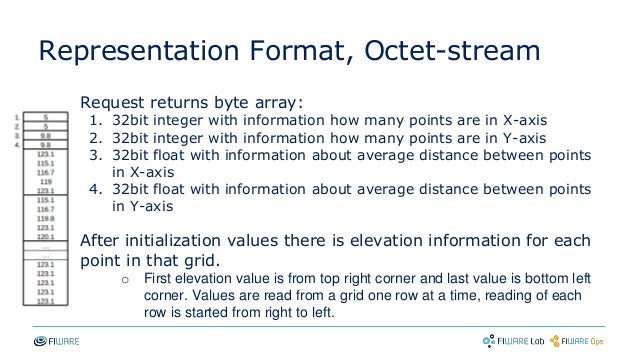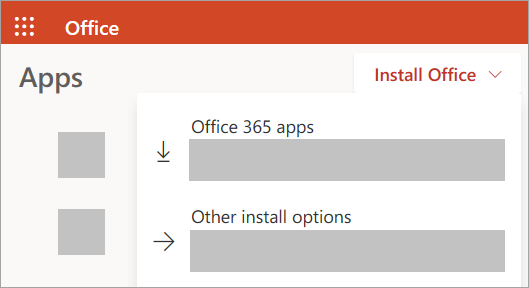Read Octet Stream
About 'application/octet-stream' MIME attachments. A MIME attachment with the content type 'application/octet-stream' is a binary file.Typically, it will be an.
Join GitHub today
GitHub is home to over 36 million developers working together to host and review code, manage projects, and build software together.
Sign upHave a question about this project? Sign up for a free GitHub account to open an issue and contact its maintainers and the community.
By clicking “Sign up for GitHub”, you agree to our terms of service and privacy statement. We’ll occasionally send you account related emails.

Already on GitHub? Sign in to your account

Comments
commented May 2, 2017
My understanding is that the Java SDK sets by default a On the other hand, I've noticed that files uploaded via AWS CLI's Uploading a file via the S3 Web console produces a I was wondering if you had any comment on this difference between |
referenced this issue May 2, 2017
Merged[MODE-2692] Return null MIME type in case of 'application/octet-stream' #1656
commented May 2, 2017
Hi don't believe the CLI actually sets Per the S3 docs, the default is |
commented May 2, 2017
Oops sorry looks like I didn't read your question close enough! I'm not sure what the exact reason is for the discrepancy but I suspect it's because |
commented May 3, 2017
Hum, if the default behavior can't be changed (what kind of 'subtle change' do you expect by the way?), what about an option to specify the default MIME type? |
commented May 3, 2017
As far as breaking change, customers may be relying on the fact that the default MIME for objects uploaded using the Java SDK to be Do you expect all of your objects to have Another option might be a custom We can also look into adding a default object MIME if that would be easiest for you. |
commented May 3, 2017
Thanks for the tips on the various methods available. |
commented May 3, 2017 • edited
edited
Are you referring to
? I was imagining just a new option like |
commented May 3, 2017
Yes, I think such an option would be useful. That would even give some API visibility to the fact that the Java SDK uses a 'non-standard' default MIME type. |
commented May 4, 2017
By the way, speaking of |
assigned dagnirMay 15, 2017
Read Octet Stream
referenced this issue Jan 13, 2019
OpenCrash when guess_extension() returns None #37
Join GitHub today

GitHub is home to over 36 million developers working together to host and review code, manage projects, and build software together.
Sign upHave a question about this project? Sign up for a free GitHub account to open an issue and contact its maintainers and the community.
By clicking “Sign up for GitHub”, you agree to our terms of service and privacy statement. We’ll occasionally send you account related emails.
Already on GitHub? Sign in to your account
Comments
commented Nov 16, 2017
added a commit that referenced this issue Feb 20, 2018
referenced this issue Feb 20, 2018
MergedRecord & replay binary file response correctly #1067
Php Read Application/octet-stream
commented Feb 20, 2018
Hey @kevinburke can you check if #1067 fixes your problem? |
Download Iis Resource Kit
commented Feb 20, 2018
Apologies but I've since moved on from that engagement and probably won't have time to test :( best of luck! A way to test would probably be to start with the JSON I put up above, read it back into memory, and verify the length of the buffer in memory matches the Content-Length header. |
bot commented Sep 13, 2018
This thread has been automatically locked since there has not been any recent activity after it was closed. Please open a new issue and add a reference to this one if it’s related. Thank you! |
